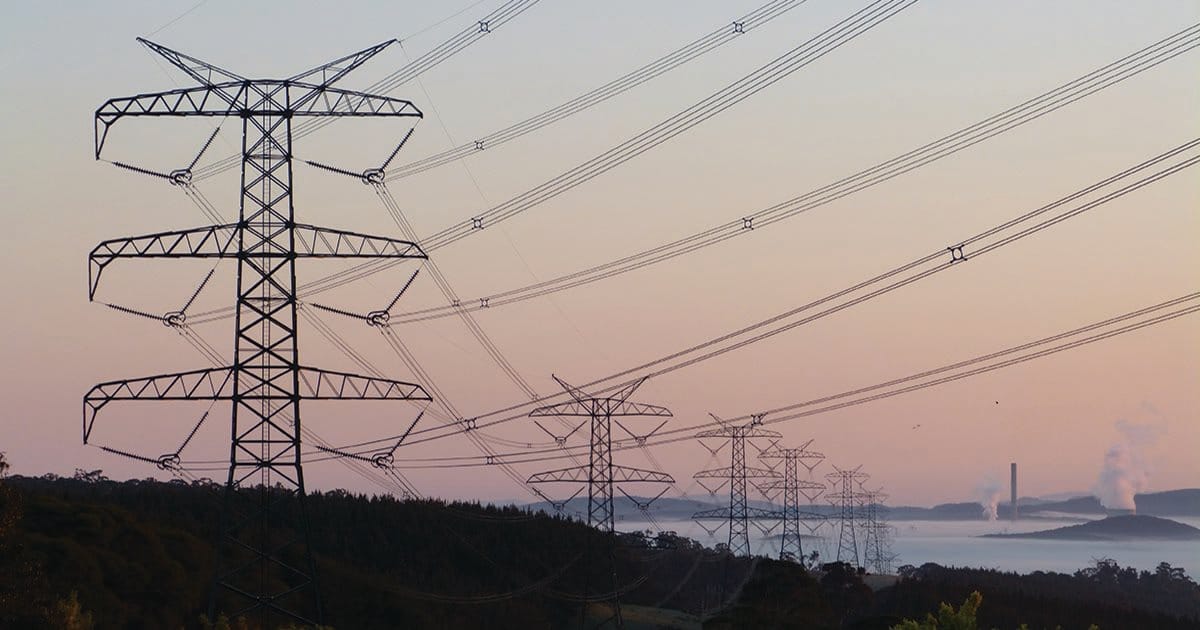Following a rule change request by its Reliability Panel, the Commission – which provides energy advice to Australia’s state and federal governments – has made draft rules to progressively increase the existing Market Price Cap, Cumulative Price Threshold and Administered Price Cap.
According to the government energy advisor, its analysis has revealed that price settings in the wholesale electricity market are not high enough to ensure enough generation and battery storage to keep the electricity system reliable as it moves off polluting and finite energy sources.
By July 1, 2027, the organisation advising the government on energy market regulations is proposing that the wholesale Market Price Cap should be raised from where it is now, at $16,600/MWh (USD 10,700), up to $22,800/MWh over the next four years. Over the same period, the Cumulative Price Threshold, which is designed to kick in to end a sustained seven-day period of extreme high prices, would be increased from the equivalent of 7.5 hours at the Market Price Cap to 8.5 hours at the Market Price Cap.
With increases over a shorter period, introduced later, the Administered Price Cap, which caps the price in the wholesale electricity market once the Cumulative Price Threshold has been reached, would be set at $600/MWh from 1 July 2025 onwards.
The Australian Energy Market Commission said in a statement that the proposed price settings would have no impact on wholesale electricity prices over 99% of the time “but should deliver additional capacity that will have substantial benefits in reducing the risk of outages and ensuring our electricity system remains reliable for households and businesses.”
“Importantly, this proposal is designed to have no bearing on electricity prices under typical market conditions. Rather, it enables price fluctuations to encourage new market entrants, thus fostering competition to the benefit of all consumers,” Chair Anna Collyer explained.
She also made assurances that in the event the proposal is accepted after the consultation period closing on 26 October 2023, “the Reliability Panel will continue to monitor, review and report on the safety, security and reliability of the electricity system to assess whether any further changes are needed to maintain a stable and reliable system for households and businesses into the future.”
This content is protected by copyright and may not be reused. If you want to cooperate with us and would like to reuse some of our content, please contact: editors@pv-magazine.com.








By submitting this form you agree to pv magazine using your data for the purposes of publishing your comment.
Your personal data will only be disclosed or otherwise transmitted to third parties for the purposes of spam filtering or if this is necessary for technical maintenance of the website. Any other transfer to third parties will not take place unless this is justified on the basis of applicable data protection regulations or if pv magazine is legally obliged to do so.
You may revoke this consent at any time with effect for the future, in which case your personal data will be deleted immediately. Otherwise, your data will be deleted if pv magazine has processed your request or the purpose of data storage is fulfilled.
Further information on data privacy can be found in our Data Protection Policy.